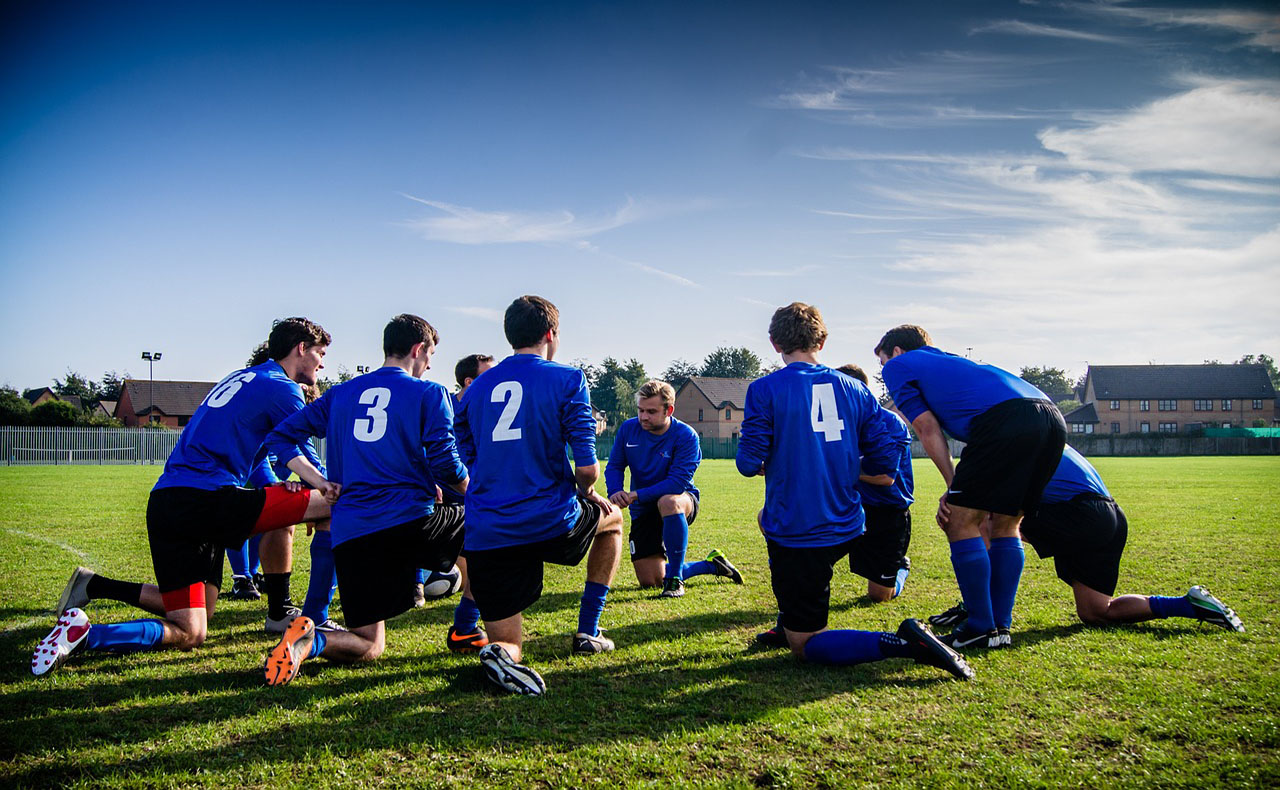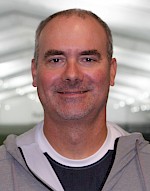Eight Tips for Communicating with Adolescent Athletes Immediately after the Game: Win or Loss

Published
Major Point: Eight ways parents can communicate with their adolescent children after games to enhance their relationship.
Youth and high school sport has the opportunity to be a tremendous experience for adolescents and for their parents. The bonding that occurs in sport can last a lifetime. Many of you can probably think back to a time where your parents were involved in your sporting activities. I would hope these are wonderful memories of spending time together, of learning life lessons, and of having fun.
Unfortunately, many parents unintentionally make the sport experience less than fulfilling for their children. These parents may have an inappropriate perspective of what sport is all about, but often it is the well meaning parent that says the wrong thing at the wrong time (and does not learn from it) that gets into trouble. It does not take much for a child to feel pressure to appease his or her parents. And, you can create pressure just by being at a competition, let alone acting negatively.
After the game is a critical time when adolescent athletes are still recovering from the intensity of the game. They may be elated, upset, indifferent, or angry. Their emotions will run the gamut just as yours would. Knowing what to say, and how to say it, will facilitate positive parent-child relations. Therefore, you should think through what you are going to say before approaching your child. Next, are eight tips for communicating in a positive manner following a tough loss or an exciting win.
- Be a positive source of support and encouragement. Save the critical evaluation of player performance for your coaches, they are the experts. Be an unconditional source of support. Criticism will break down parent-child bonds.
- Be an attentive listener! We all love to explain our competitive experiences to others, so allow your child to talk about the game. Listen to understand first, and then reply.
- Along those same lines, allow your child to start conversations about their performance. Try not to get into the details of the game as your child is still dealing with the emotions of it. If this is later that night or the next morning that is okay. They may just need time to get over it. If you do feel the need to speak to them about the game then wait a few hours and then ask “Would you like to talk about the game?”
- Avoid undermining the coaching staff in post-game conversations, even if you think your coaches are out to lunch. You may not always agree with the coaches, but they are the leaders of the team. Second-guessing the coaches in front of your child can confuse him or her as to what he or she should do and ultimately may hurt performance. Also, you are undermining team chemistry and negatively affecting each person involved with that team.
- Following tough losses or poor performances (or riding the pine) remind your child that their worth as a person is not related to their abilities as an athlete. Helping them recognize that tomorrow is a new day and that with hard work they can overcome what is keeping them from their goals will help your child deal with the frustrations of sport.
- Be honest and sincere. Some parents get into trouble by saying “good game” or “you did your best.” If Billy does not think this is true you are going to get a sneer or sarcastic remark back. Be supportive in your comments but do not lie or exaggerate. Children will see through your well-intentioned attempt to support. If you attempt to hide your disapproval for your child’s performance your body language will signal the truth. Remembering that the goal of sport is to have fun and improve should help you in providing positive support and maintaining positive body language.
- Stick to your normal routine no matter the outcome of the game. If you go to lunch after a win, do the same after a loss. Otherwise, your child might relate the activities after the game with winning and losing.
- Avoid comparing your child to other children even as it relates to training methods or skills. It can create hurt feelings and pressure.
Ultimately, you want to have a plan of attack for post-game. Get your emotions under control and check your body language. Remind yourself of what matters – being a good sport and giving your best effort. And, if you are in a tough situation you can always just give them a hug or a pat on the back and wait until emotions subside.
Best of luck in the emotional world of sport!
Share this article:
Published in:





